Bio
The Pride of Nashville
Growing up in Nashville, my older sister read manga, practiced Kendo in the gym, and traveled to Japan the summer after her sophomore year. I read Sports Illustrated, watched SpongeBob, and played Ultimate Frisbee. My sister learned Hiragana and Katakana. I learned Spanish so I could practice with Arcelia, our family’s best friend, who grew up in México D.F.
Because Mom played as a kid, my sister and I both picked up the violin. We followed the Suzuki Method to the letter, listening to CDs in the car, playing passages of Gossec’s Gavotte over and over until we got them just right. When we played well at recitals, Mom closed her eyes and tried not to cry.
During vacations, we put on kimonos and drove to Obon festivals in the parking lot of a Buddhist temple. We sat on couches at my uncle’s house, eating bowls of beef teriyaki and watching Pixar movies. Everyone else used chopsticks. I used a fork.
I didn’t get it. I wanted us to act like everyone else. I wanted us to blend in.
Over time, my sister grew lean, pale, and lanky, like our white father. I inherited Mom’s darker complexion and short arms and legs. Her friends sometimes tell her that I’m her spitting image.
When I was twenty-four, Mom and I flew from Nashville to LAX. We descended an escalator to the ground floor, where palm trees swayed in a light breeze beyond the glass. We collected our rental car—a Honda, like my middle name, like Mom’s last name, and drove north, glass and smog melting into dust and desert. We pulled into Lone Pine and rolled down Main Street, passing weather-beaten signs advertising hardware and sporting goods. We checked into our motel.
The next morning, we drove to the prison.
The government called it “Manzanar,” or “apple orchard” in Spanish. In the distance, the Sierras looked like watercolors, achingly beautiful, enough to make people pack up their lives and move West—unlike the Japanese Americans, who were kept West. But right then, it was hard to imagine apples growing there. The wind was a battering ram, and there was nothing out there to block it. It kicked up dust, swirling it, throwing it in our faces. The cold sliced through our clothing, lashed at our skin.
Busloads of Japanese Americans had shown up for the annual pilgrimage. A tour guide talked about FDR’s Executive Order 9066, a footnote in my AP U.S. History textbook.
Mom closed her eyes. She nodded along. Her parents spent the war in a camp like this one in Arizona. Their fellow Americans kept them from leaving. When they got out, they had to fit in. Had to act as American as they could, hiding from the Japanese Exclusion League.
“You know, Mikeie, our generation didn’t talk about camp,” Mom’s Auntie Marion once told me. “It was the younger generations who said ‘that was no fair.’ Your mom is really into all that kind of history. We never talked about it. We just endured it.
“You come from very strong people,” she said. “If you should face any hardships, you’re gonna make it. You’re gonna figure it out, and you’re gonna make it.”
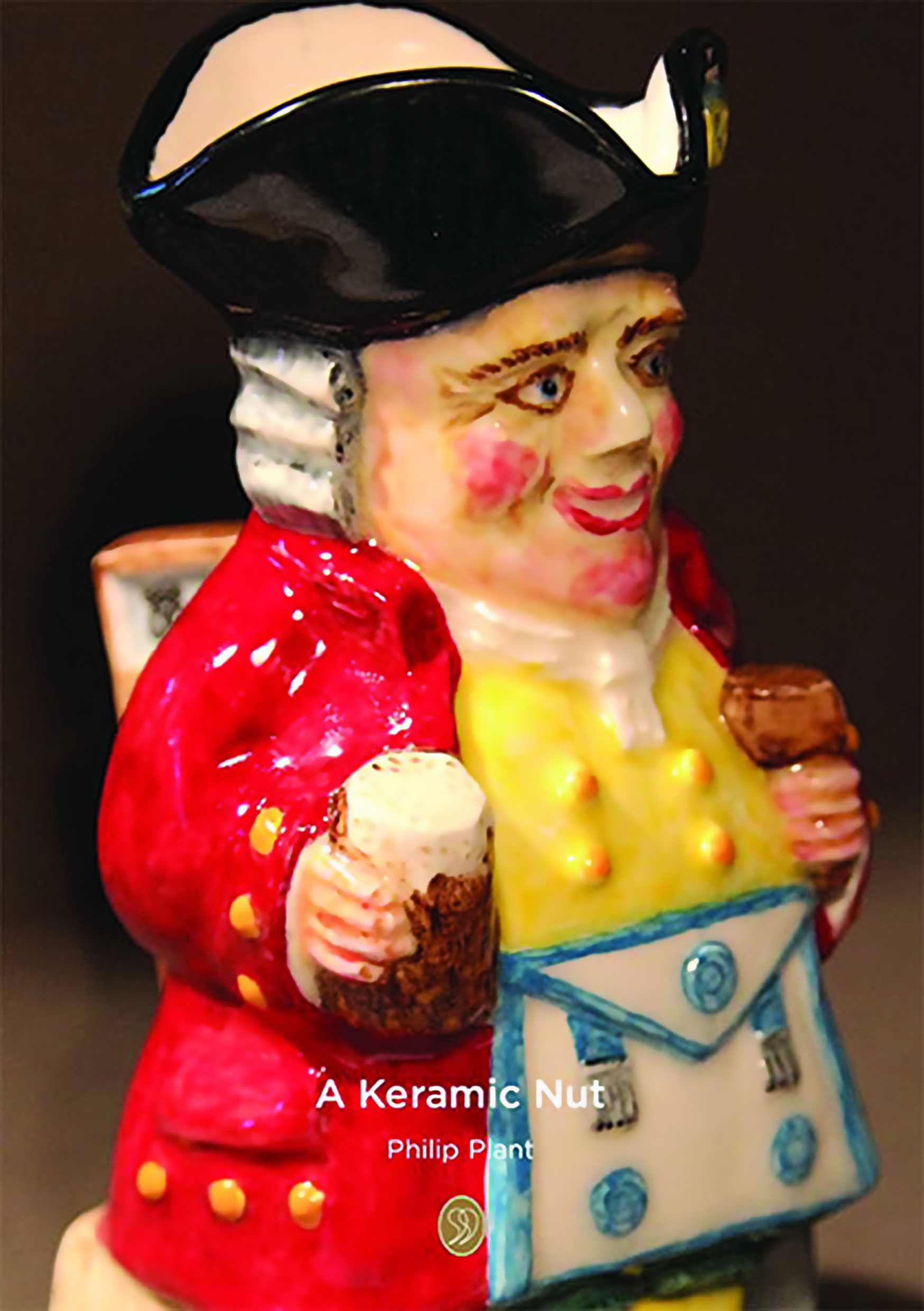

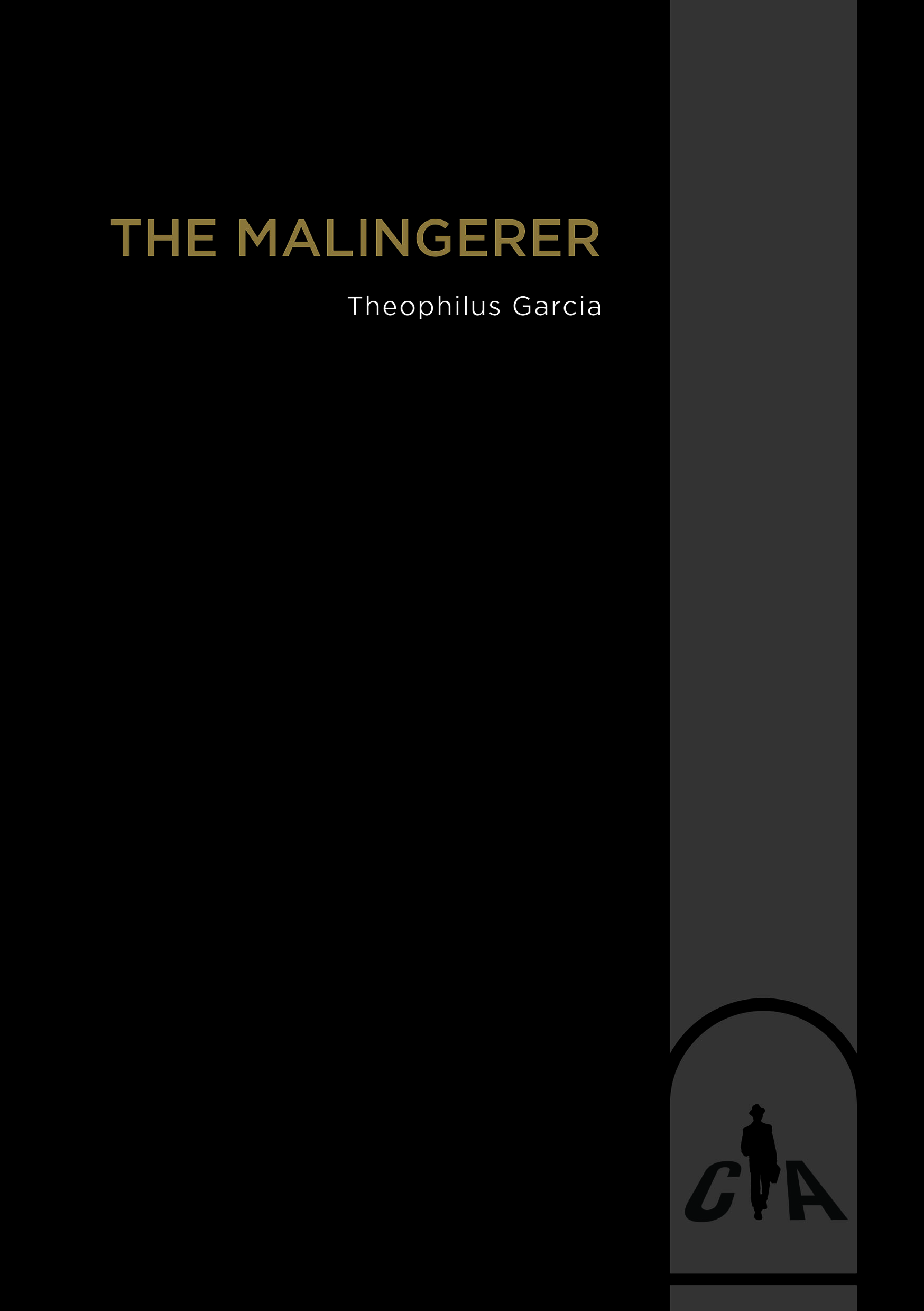

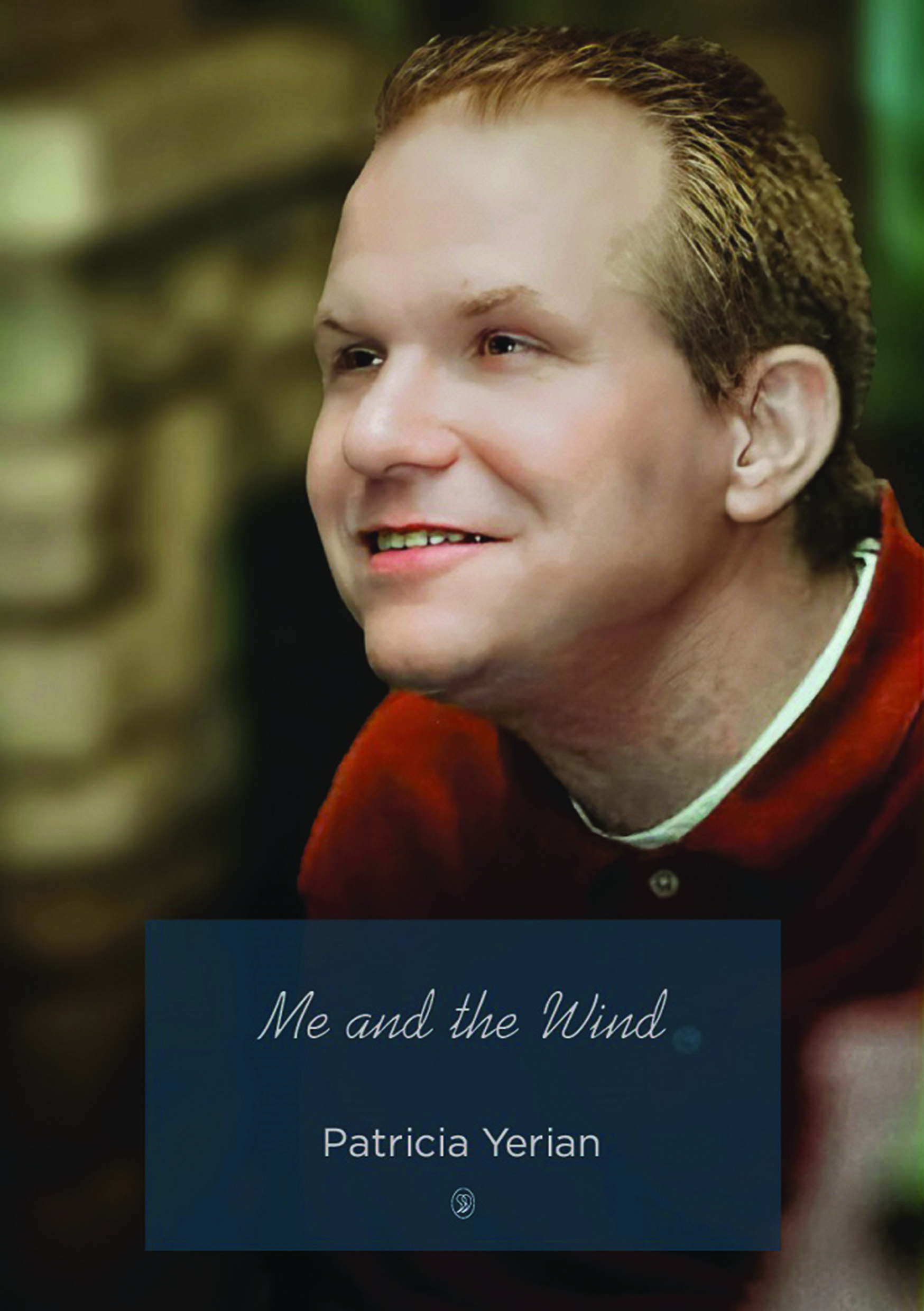

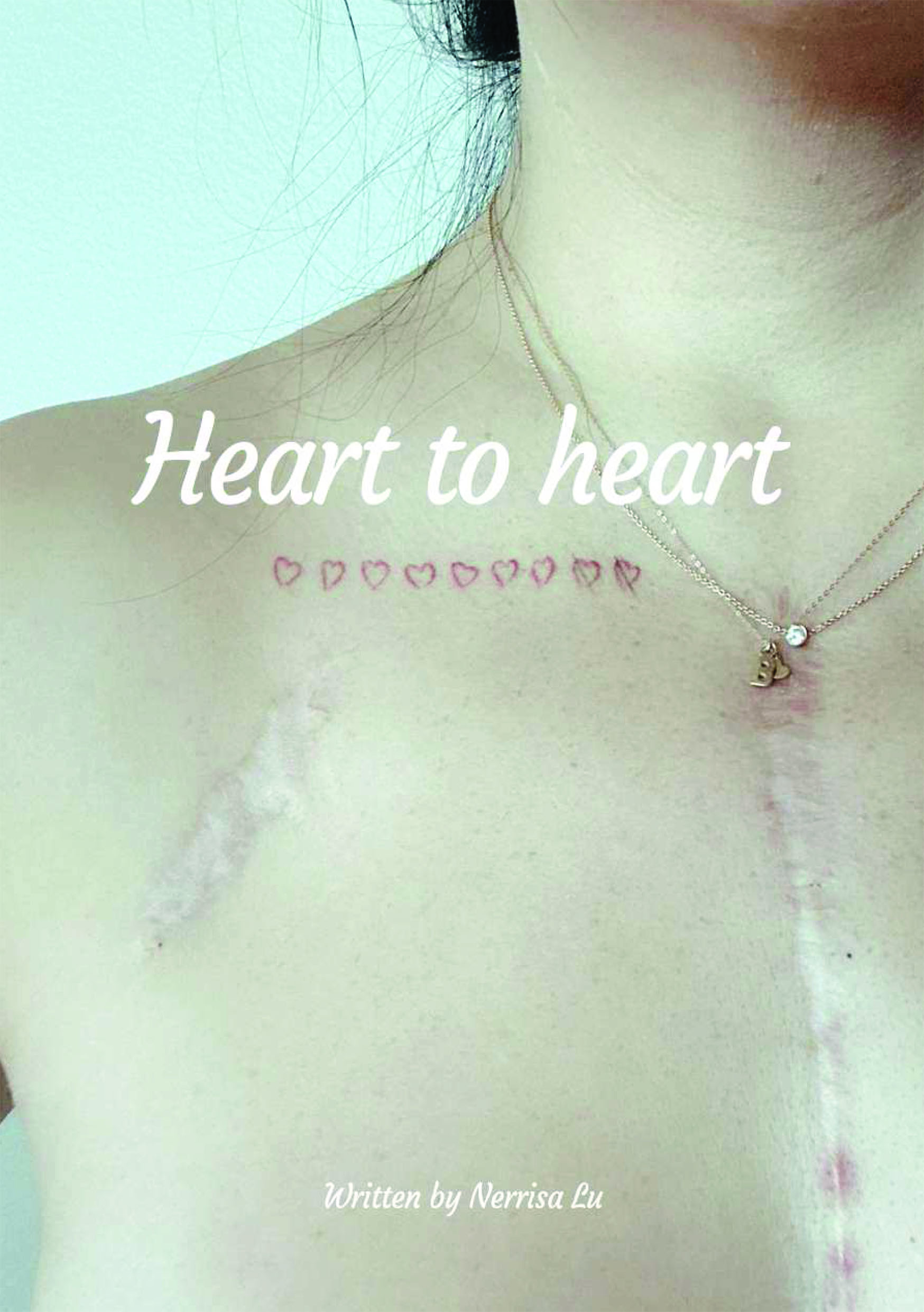

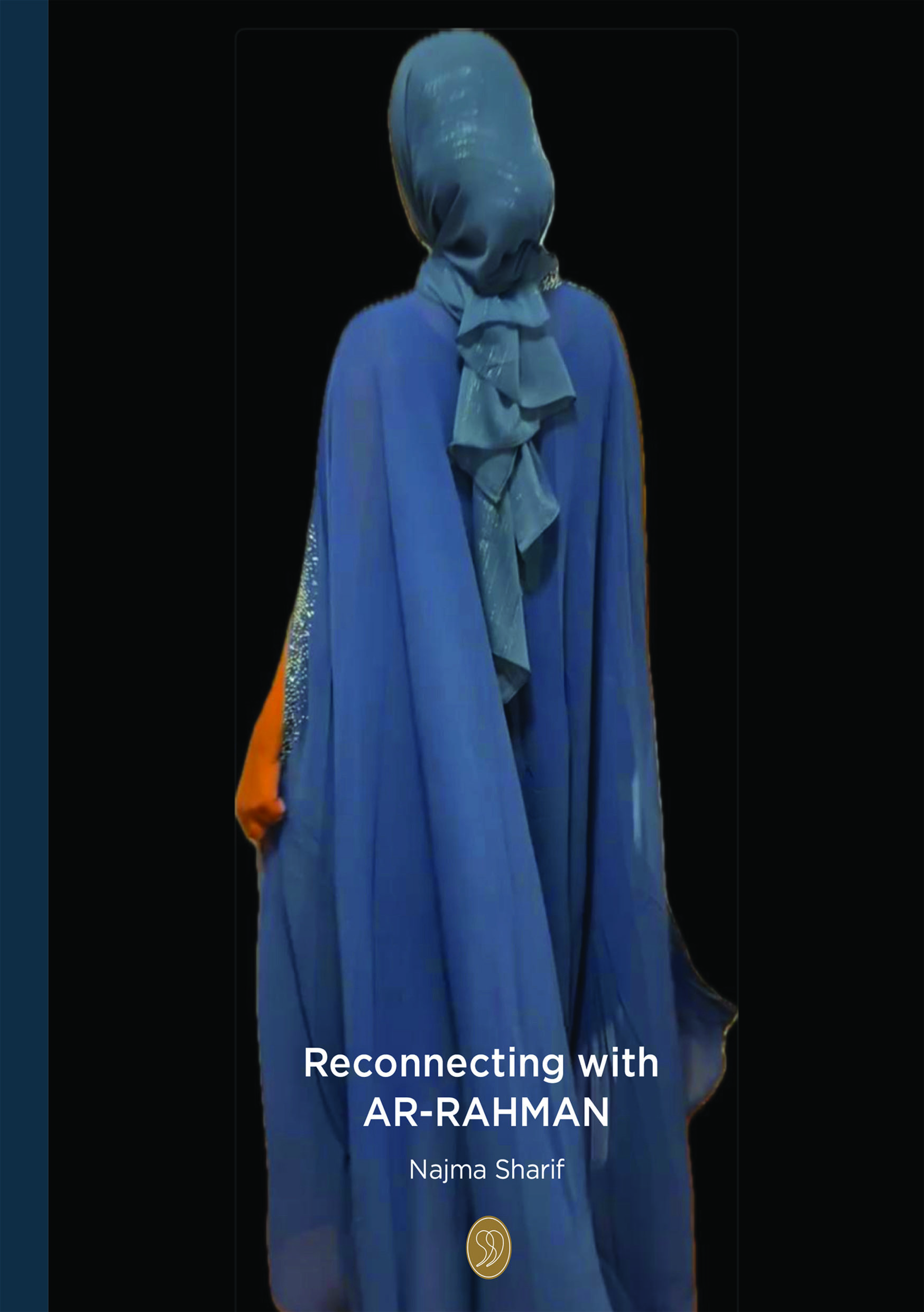

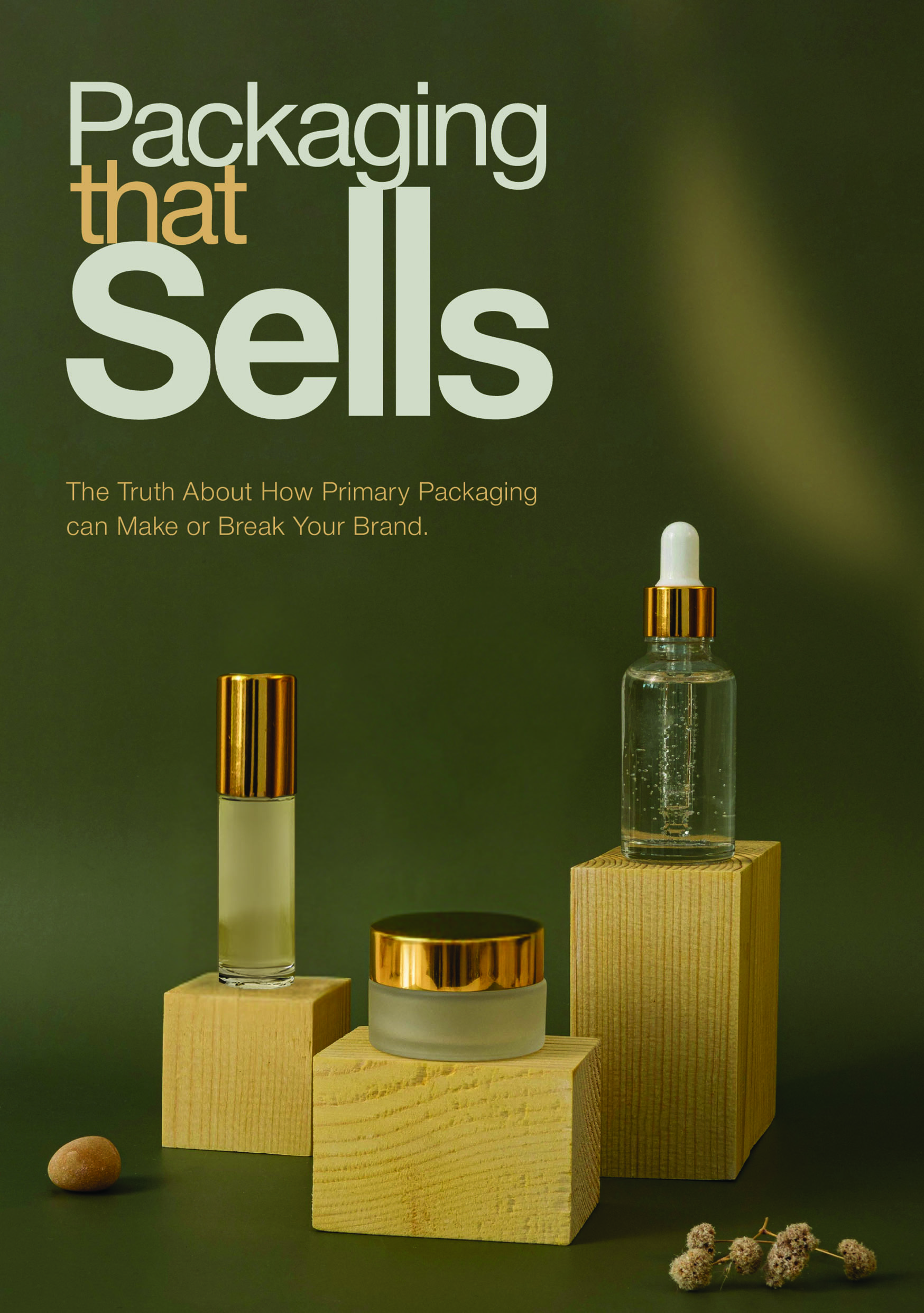

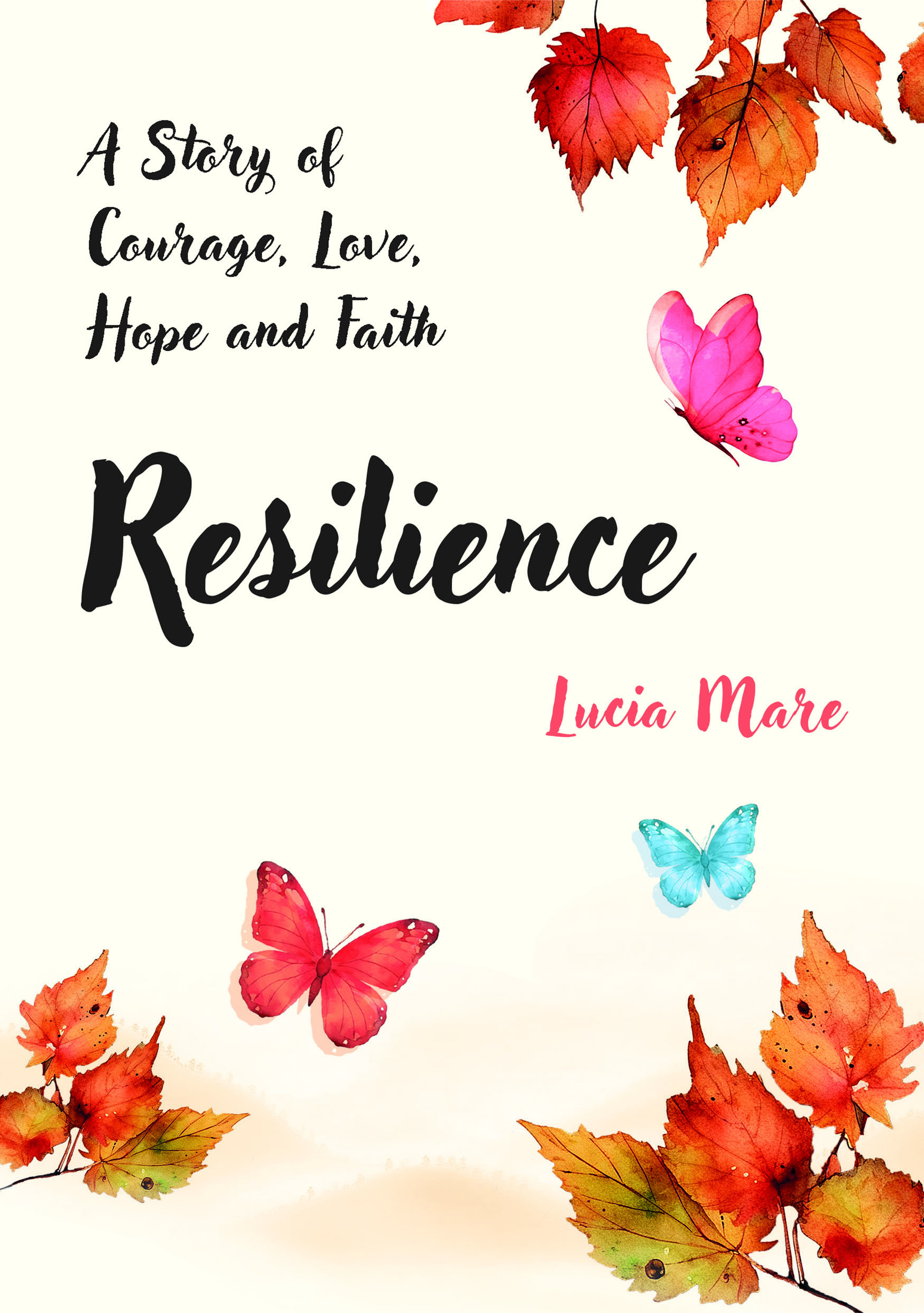

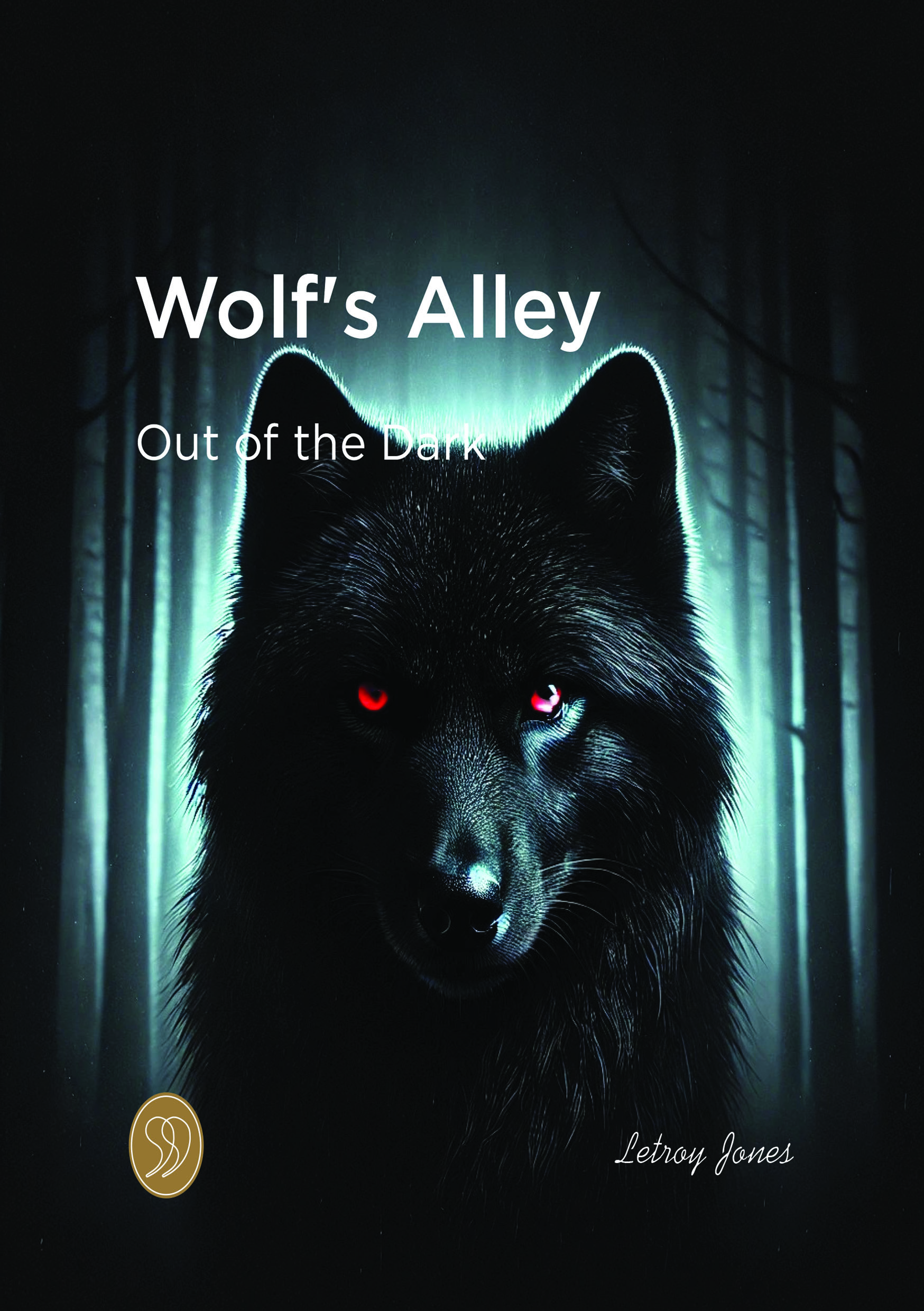

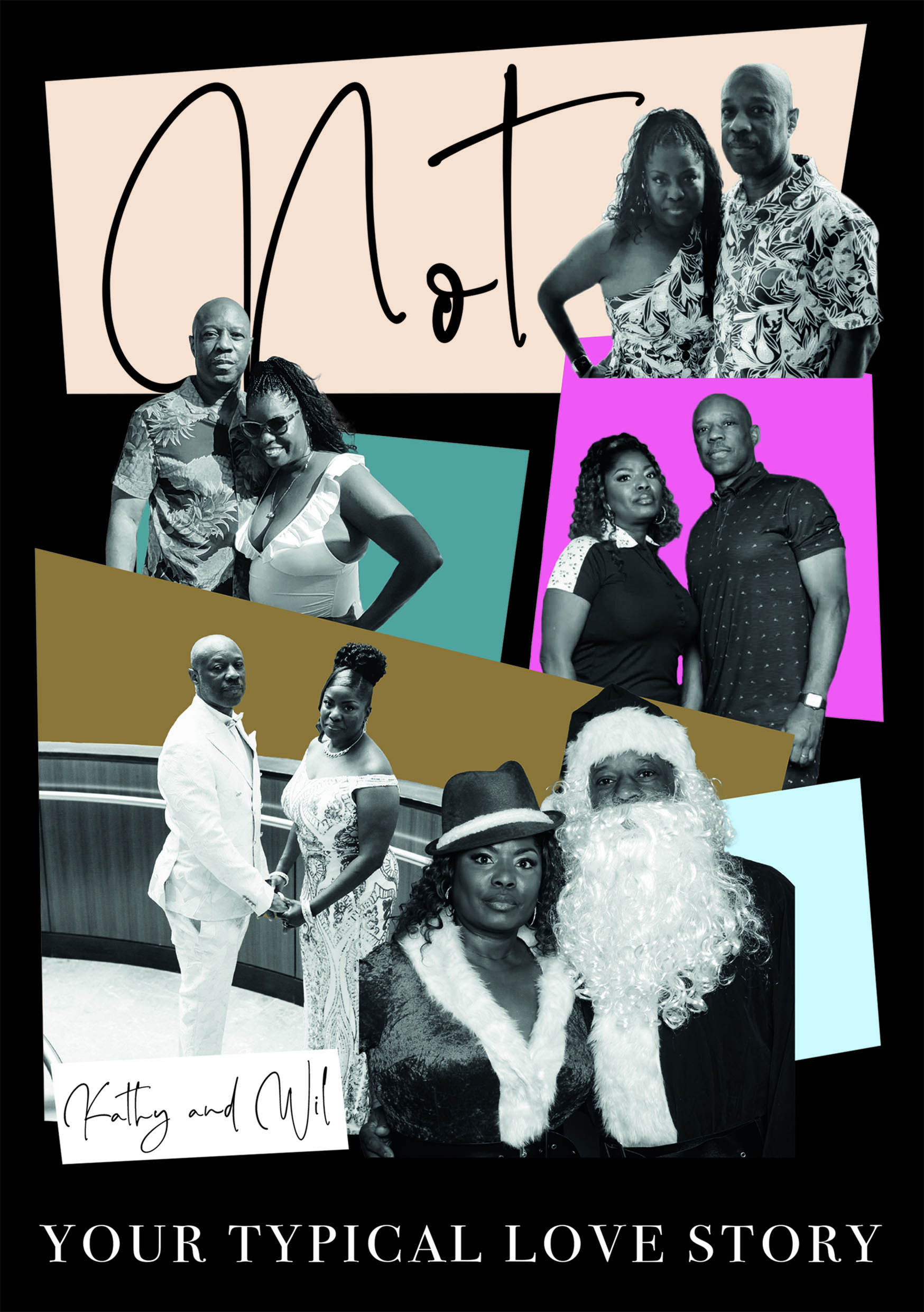

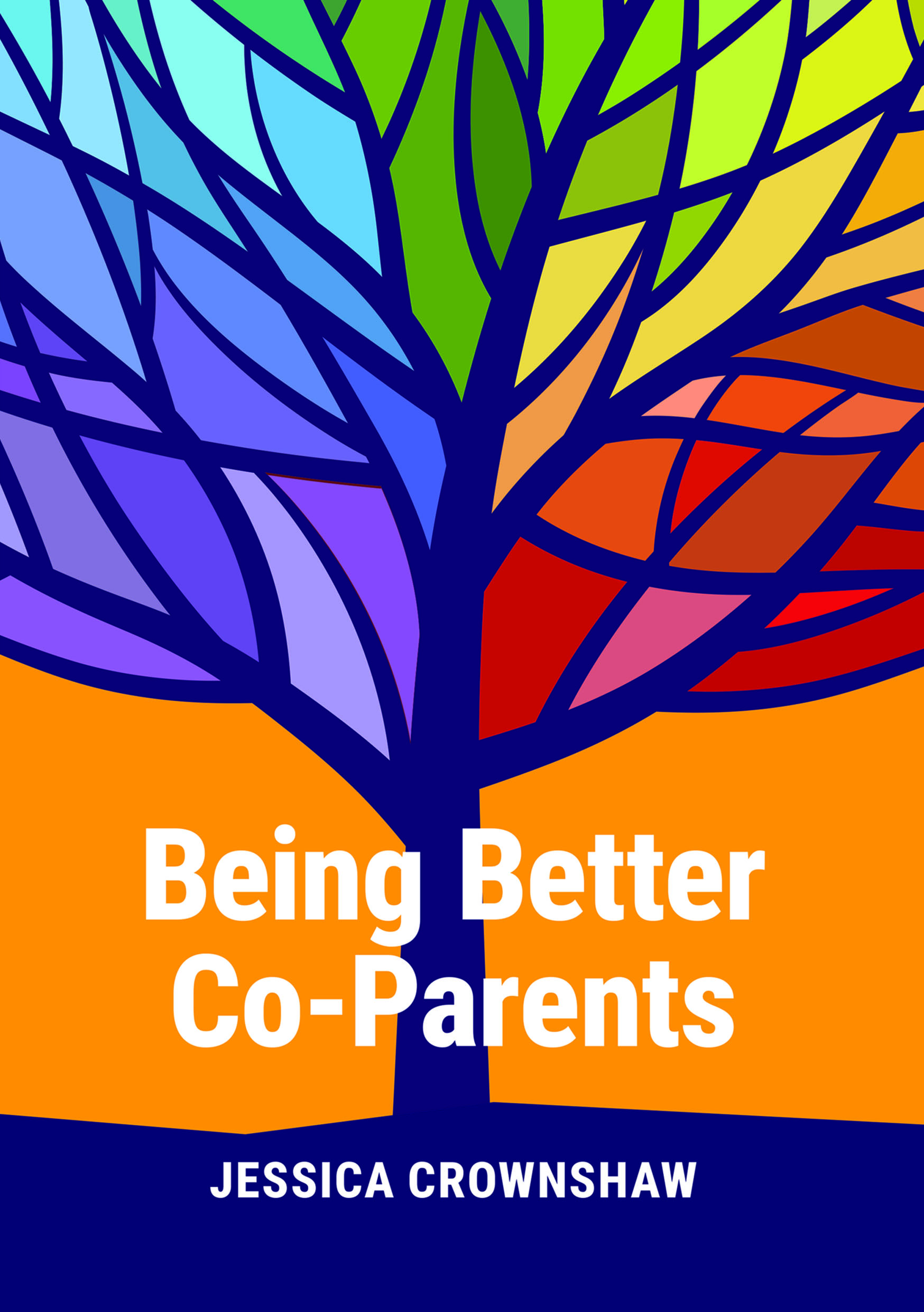

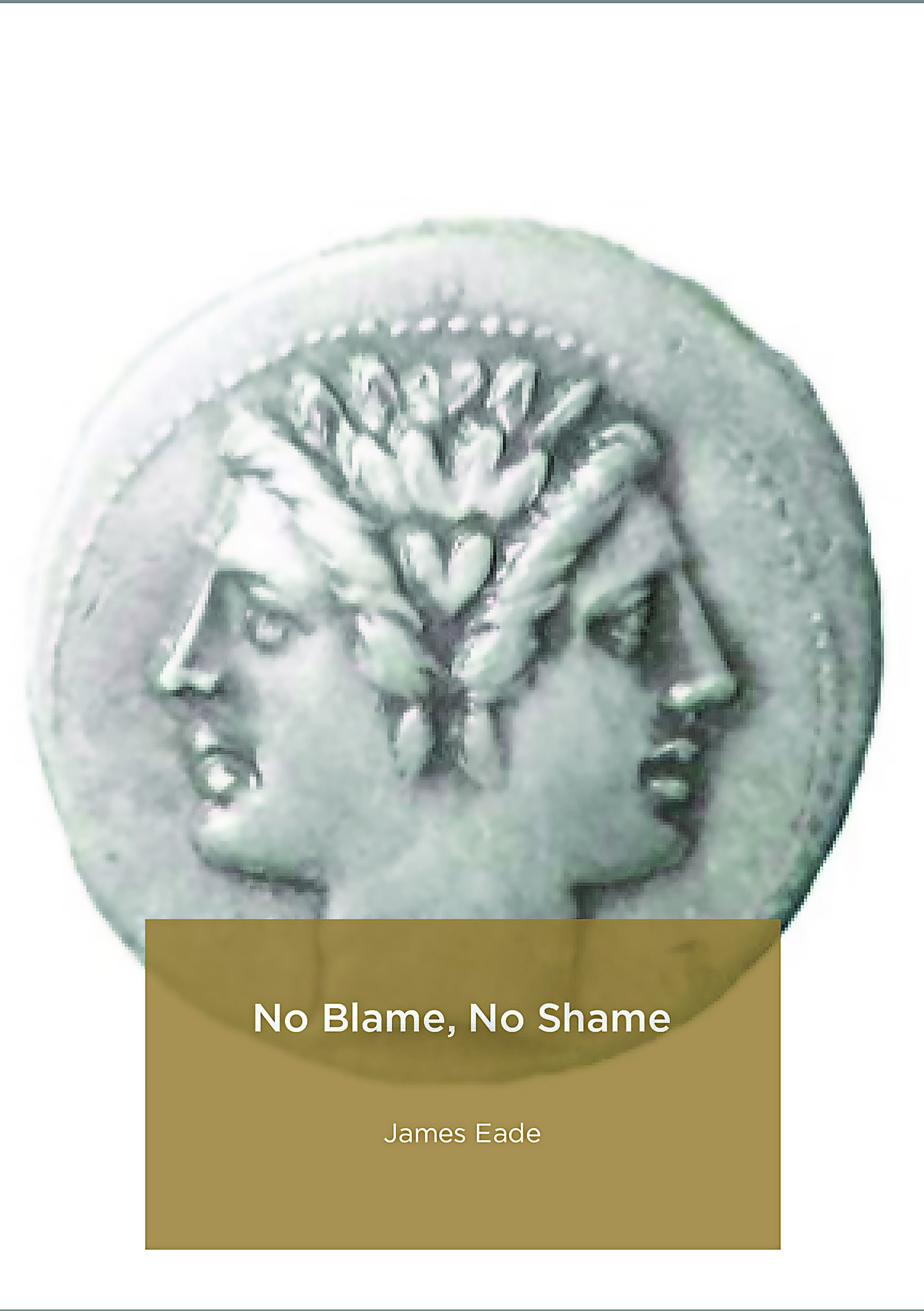

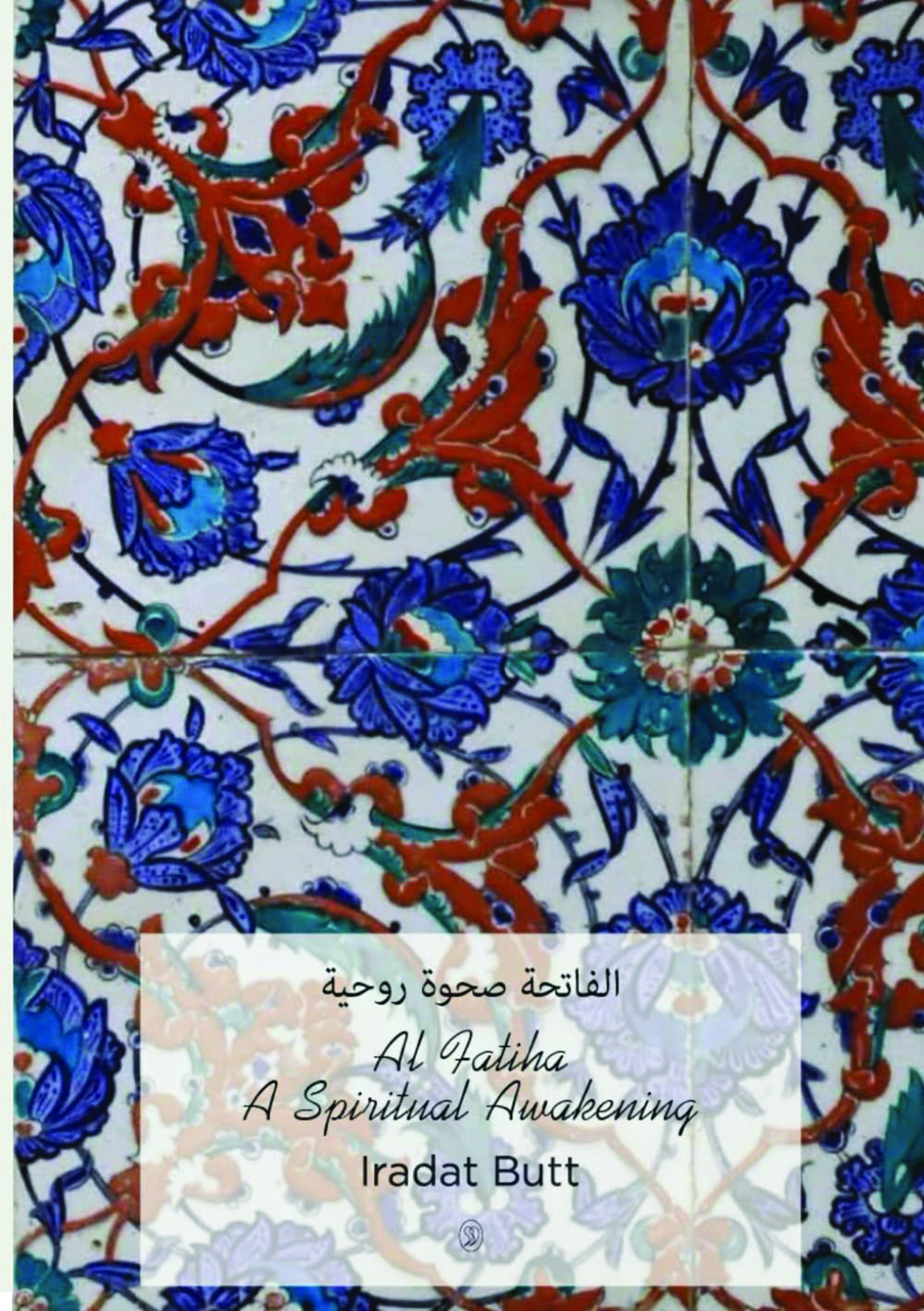

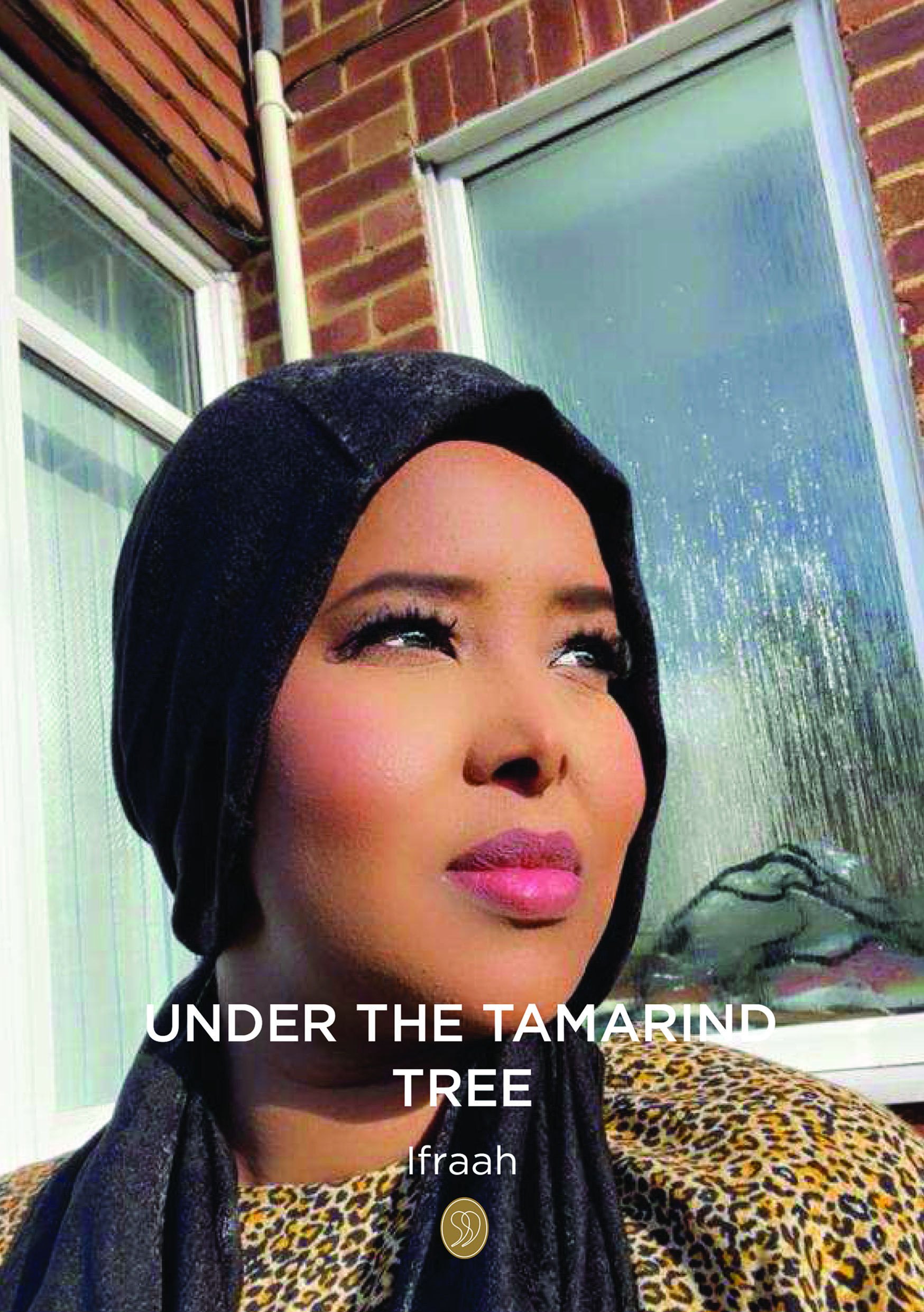

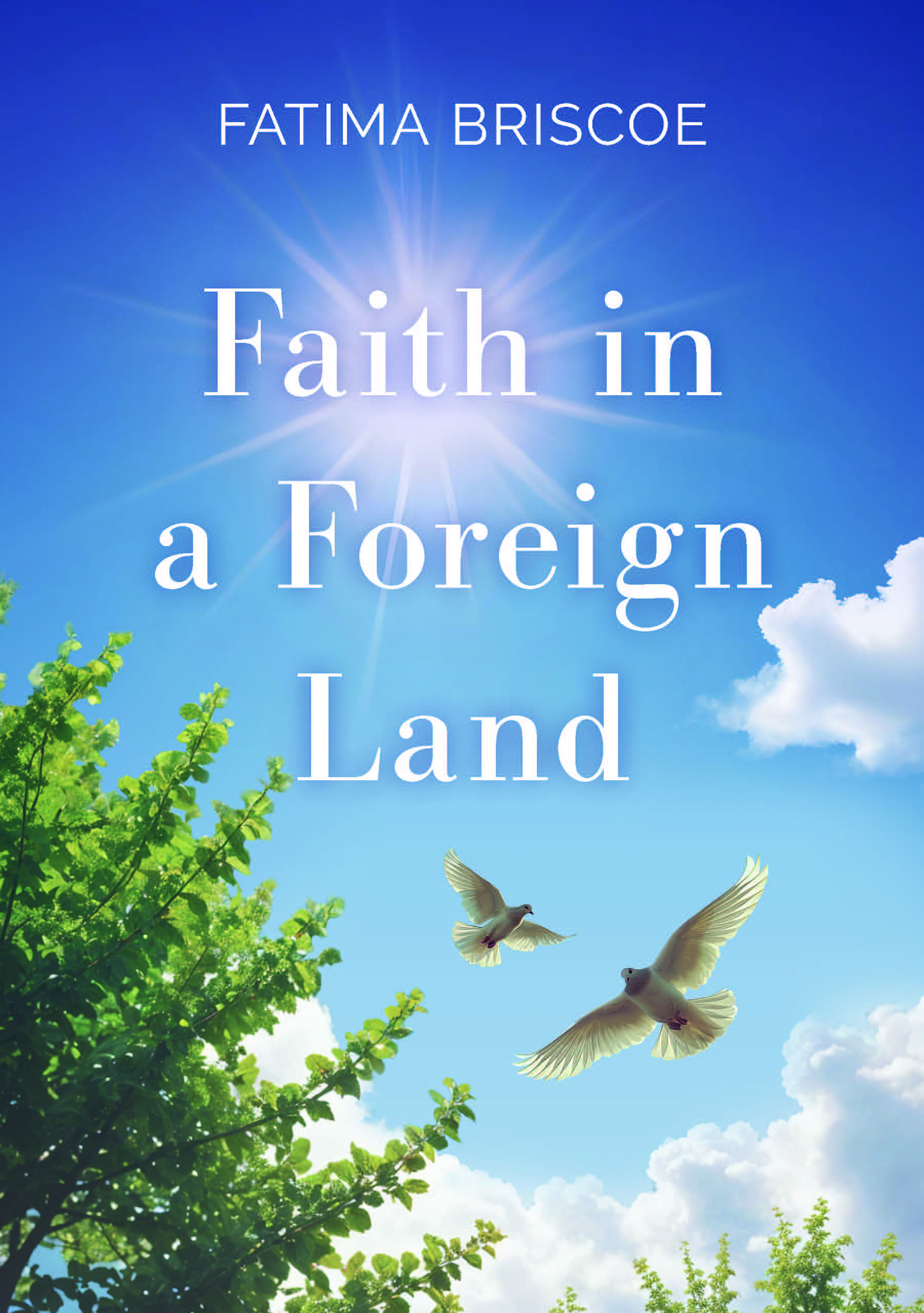

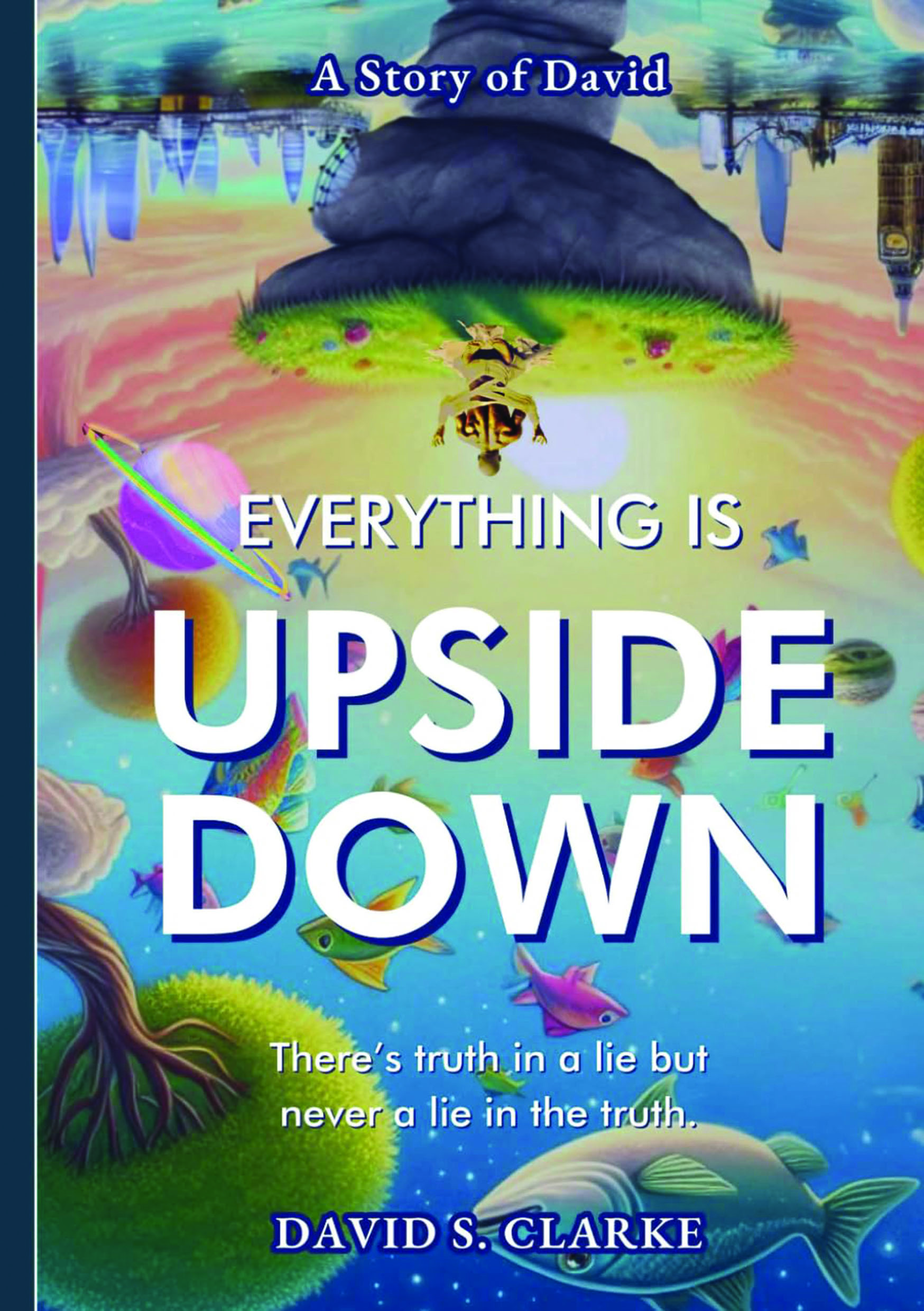

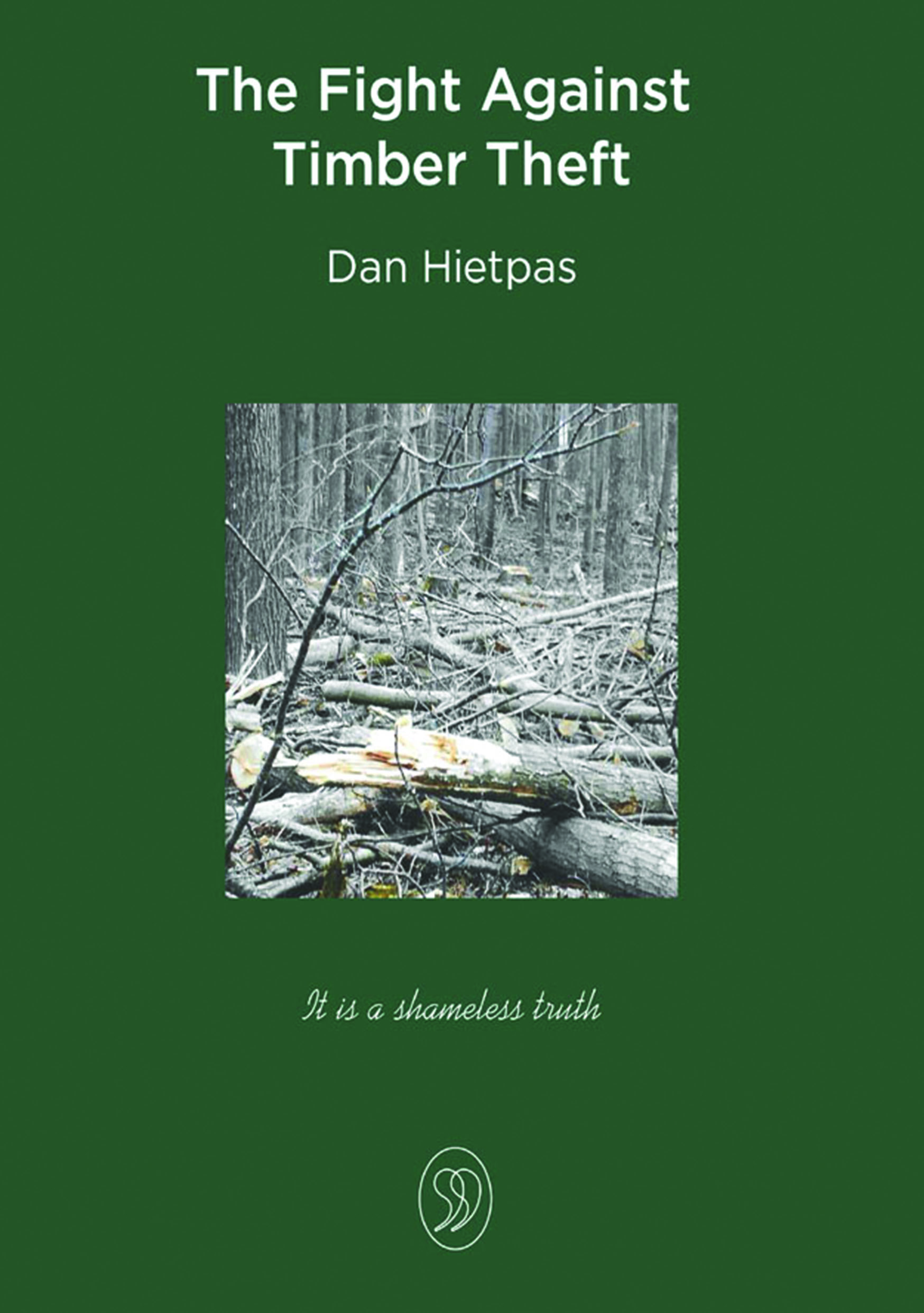

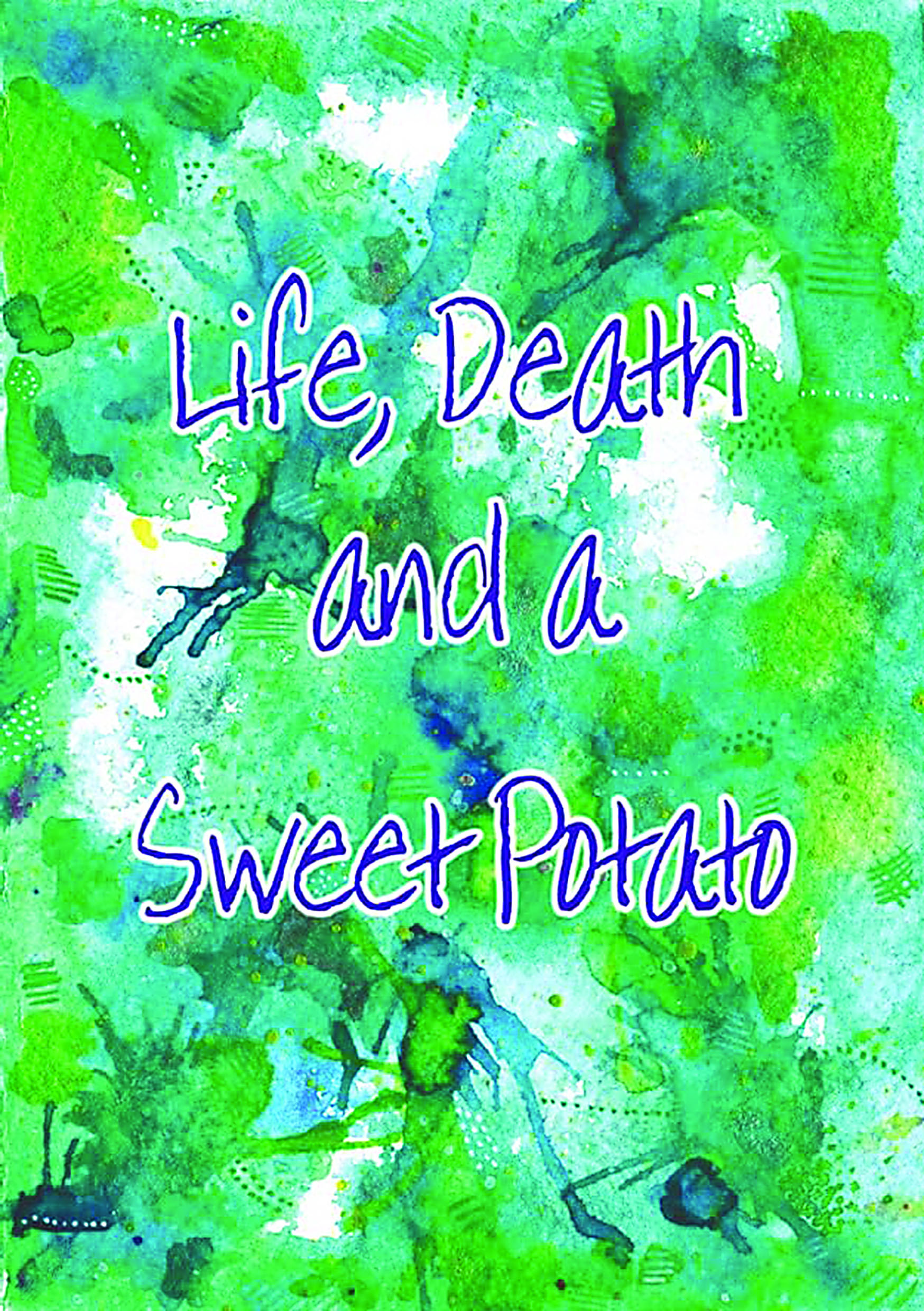

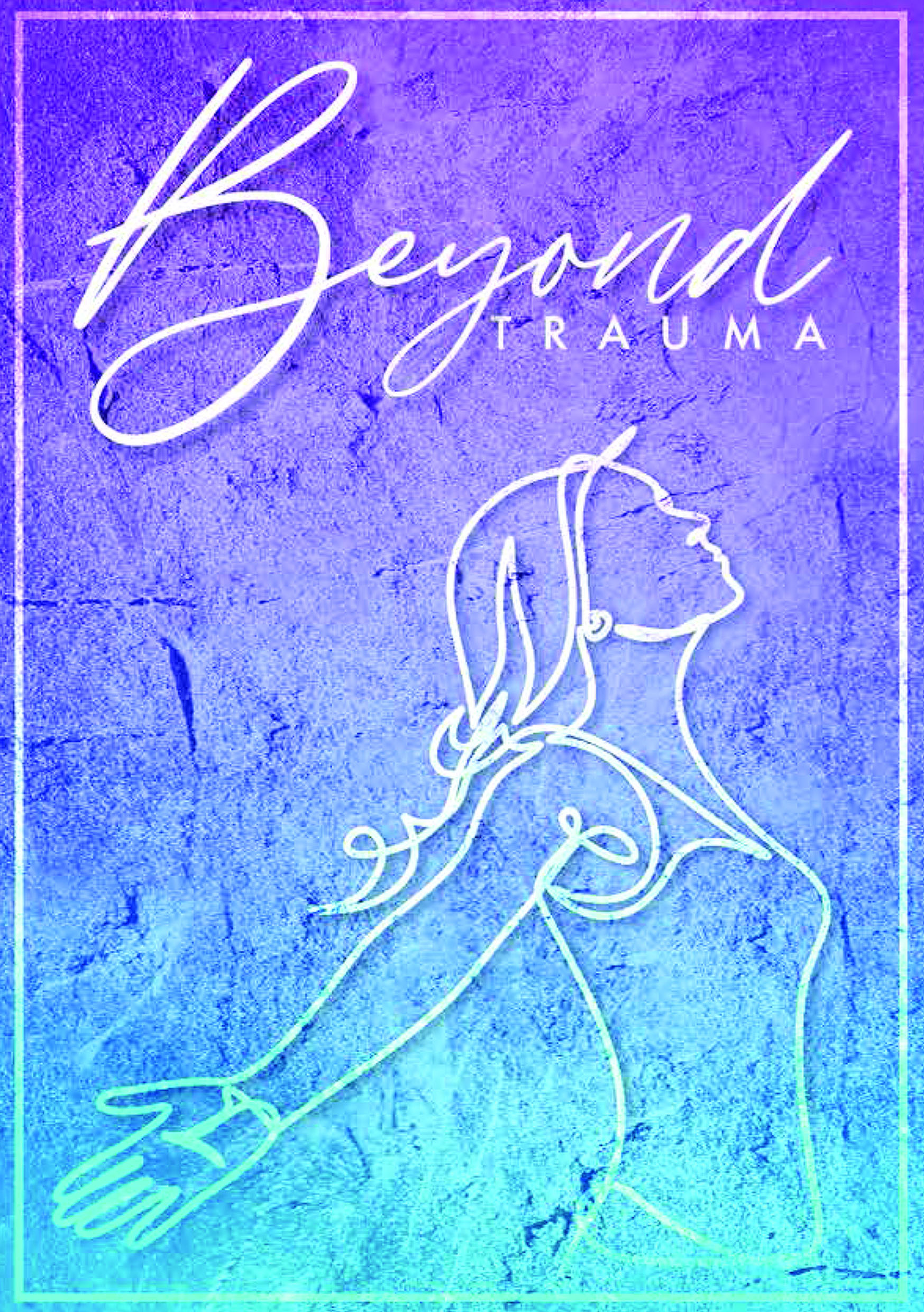

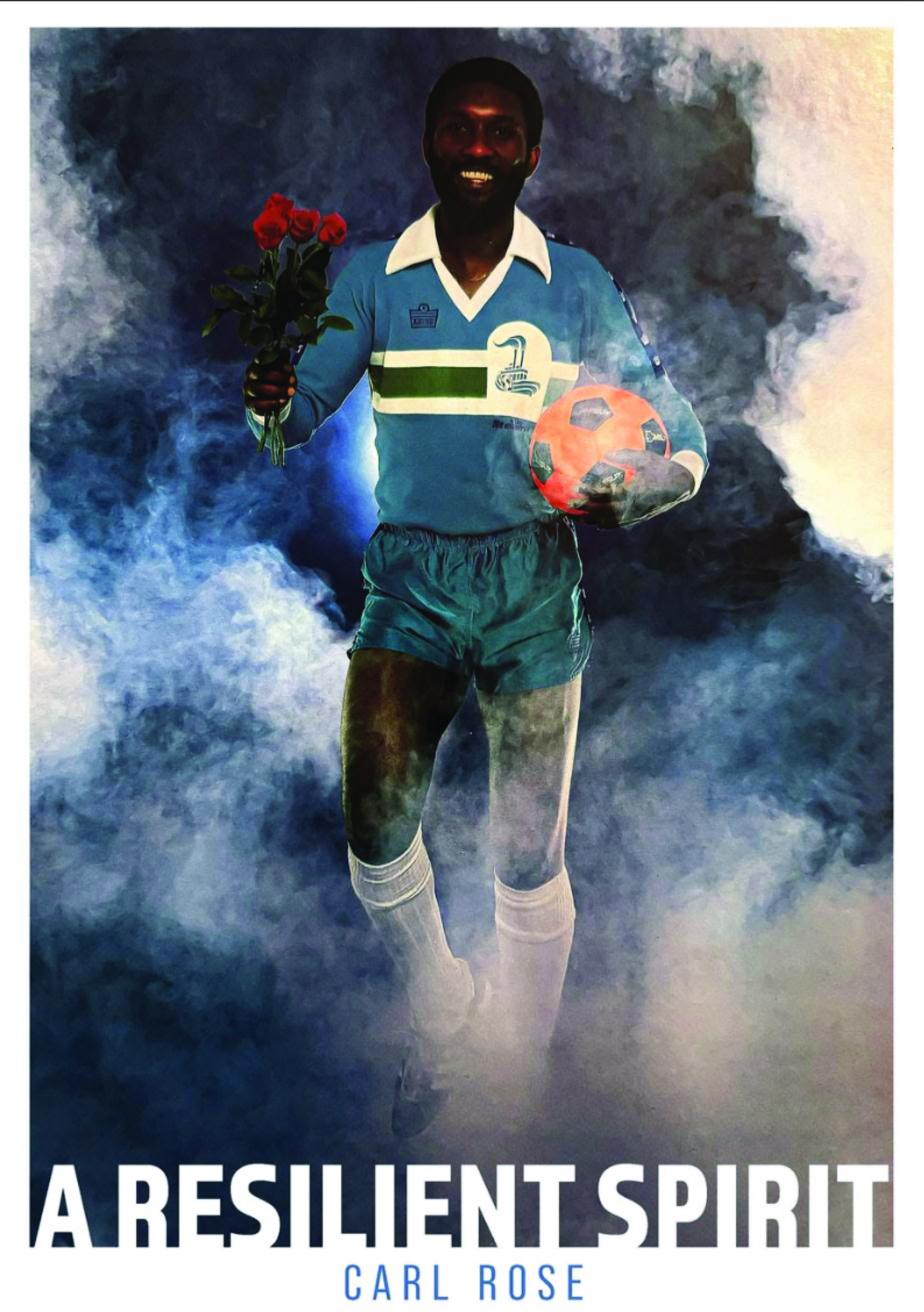

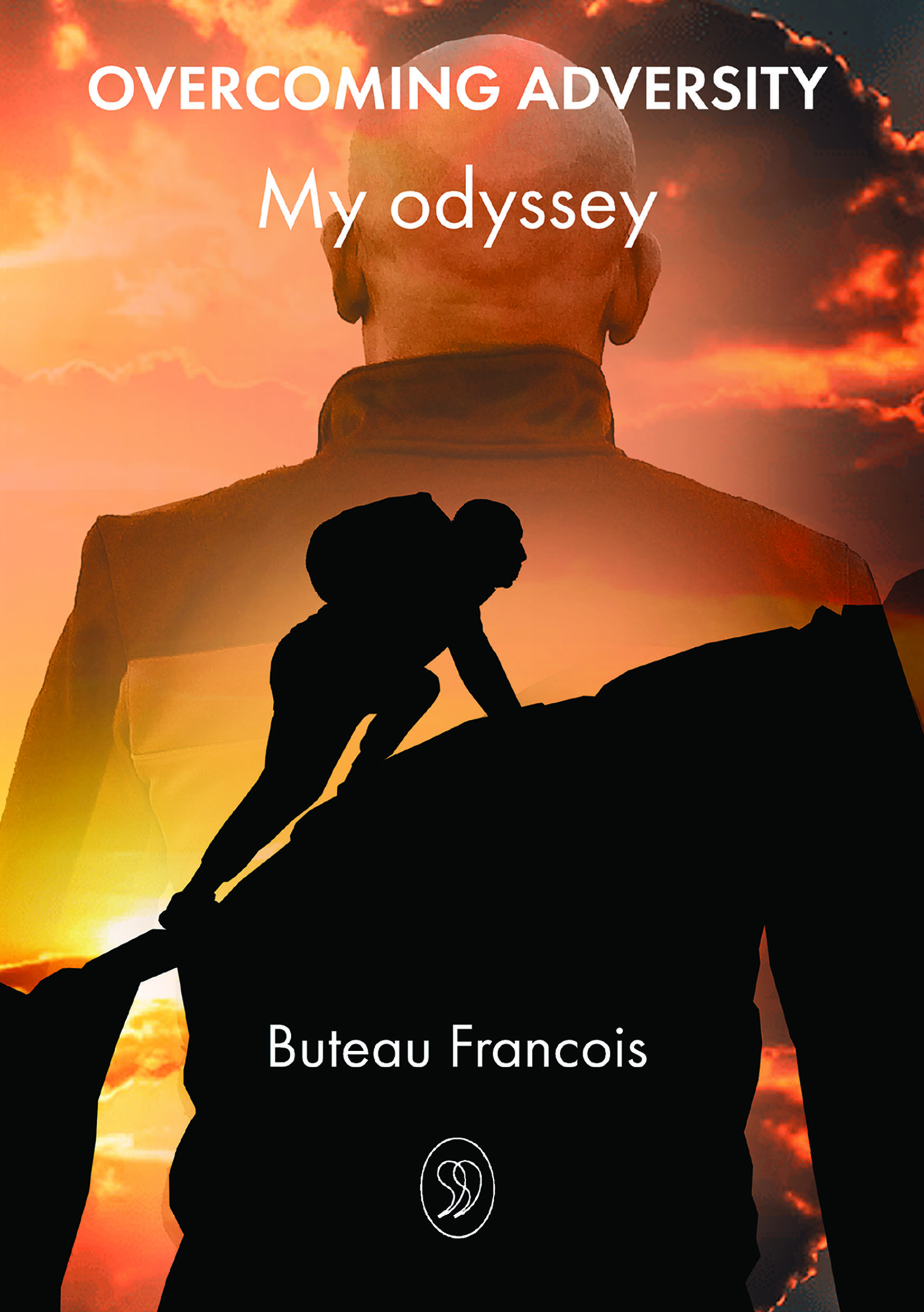

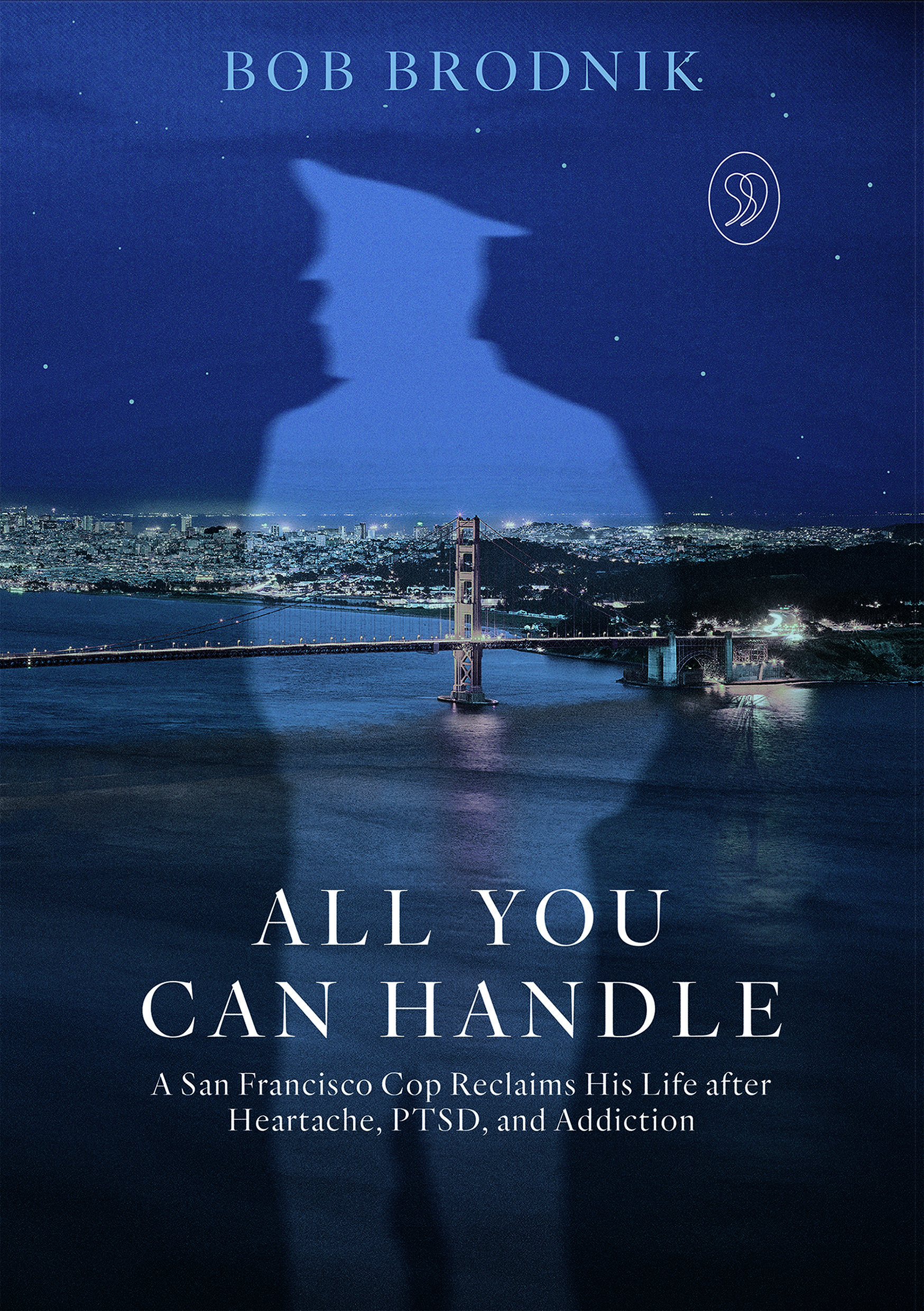

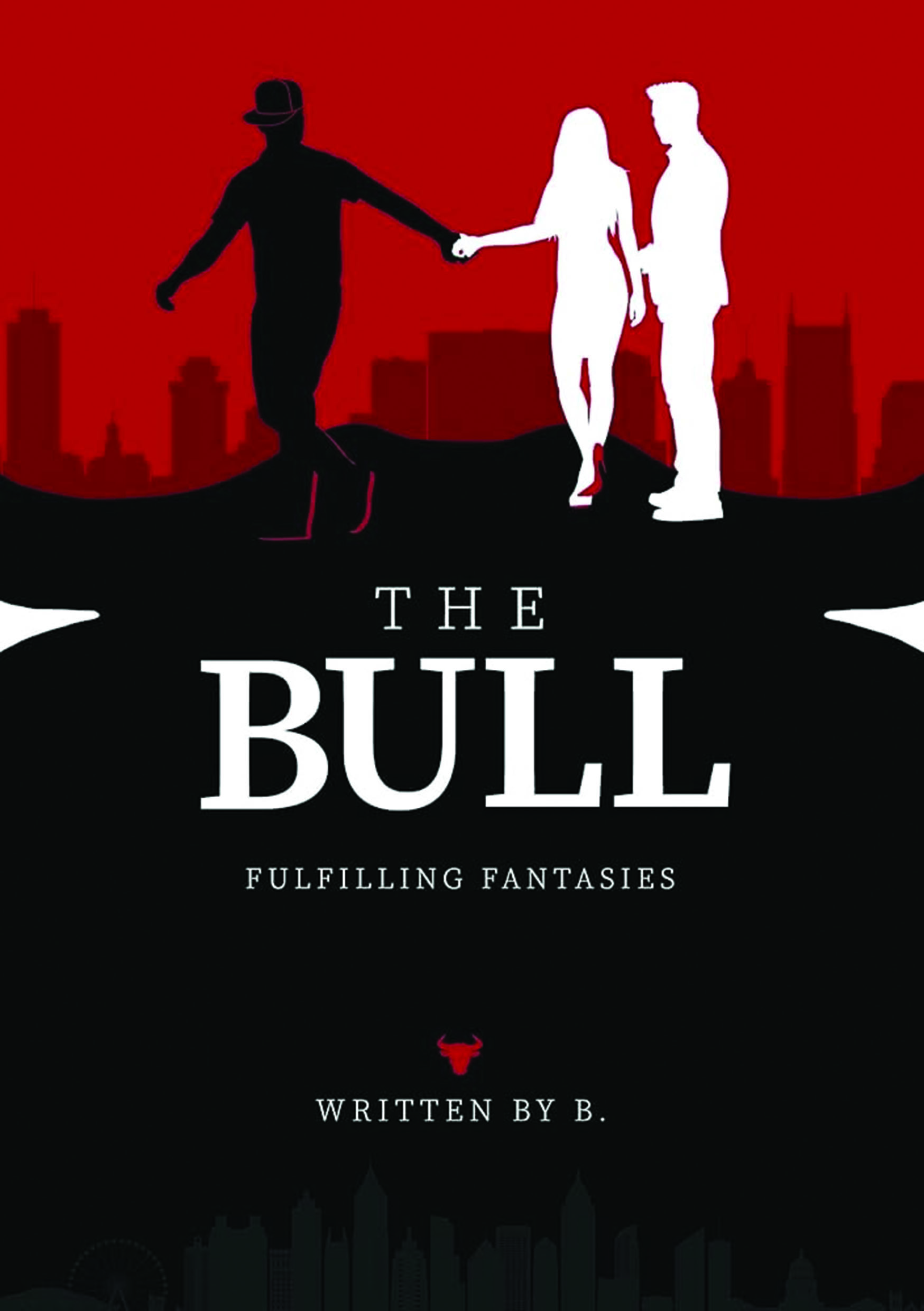

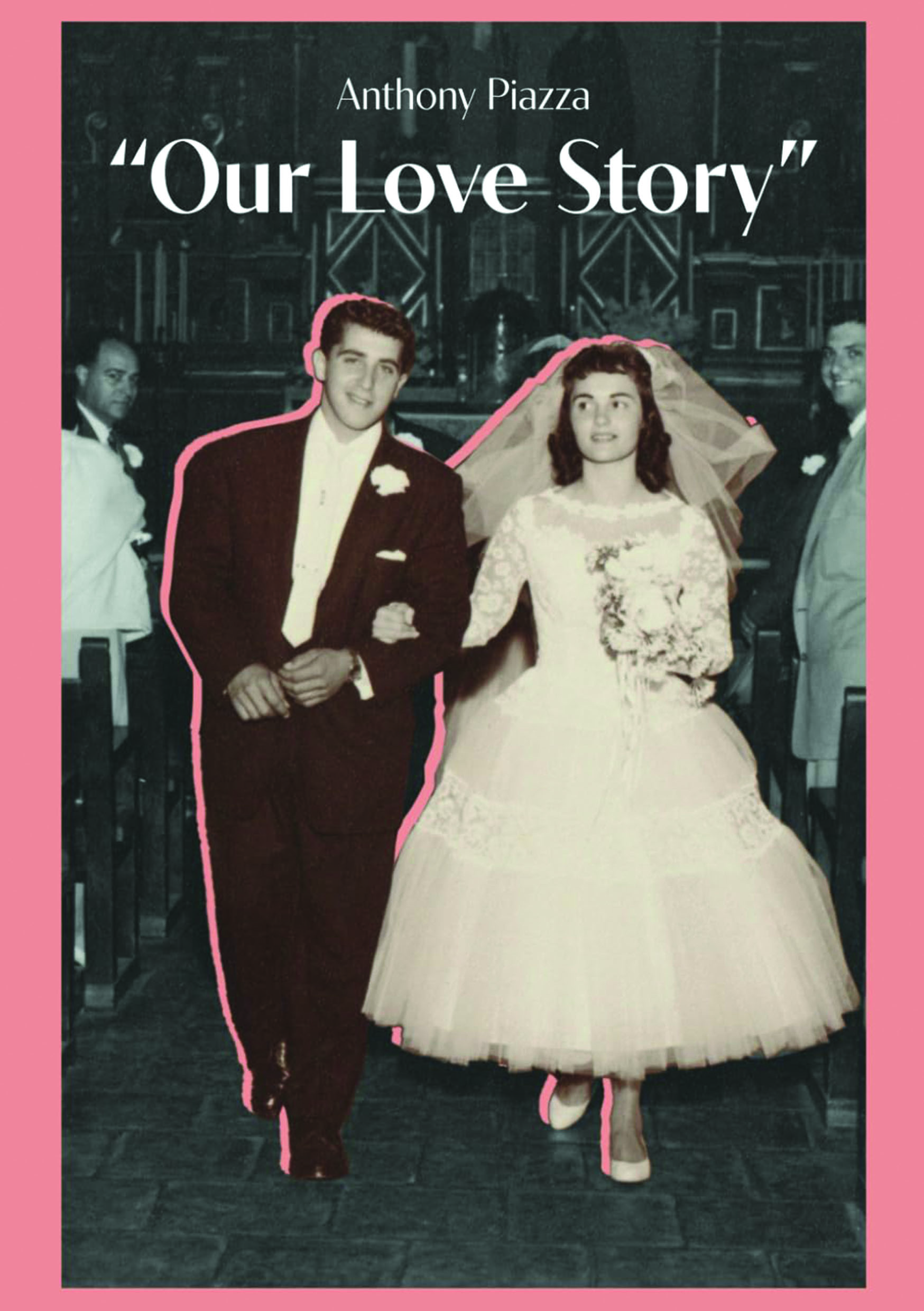

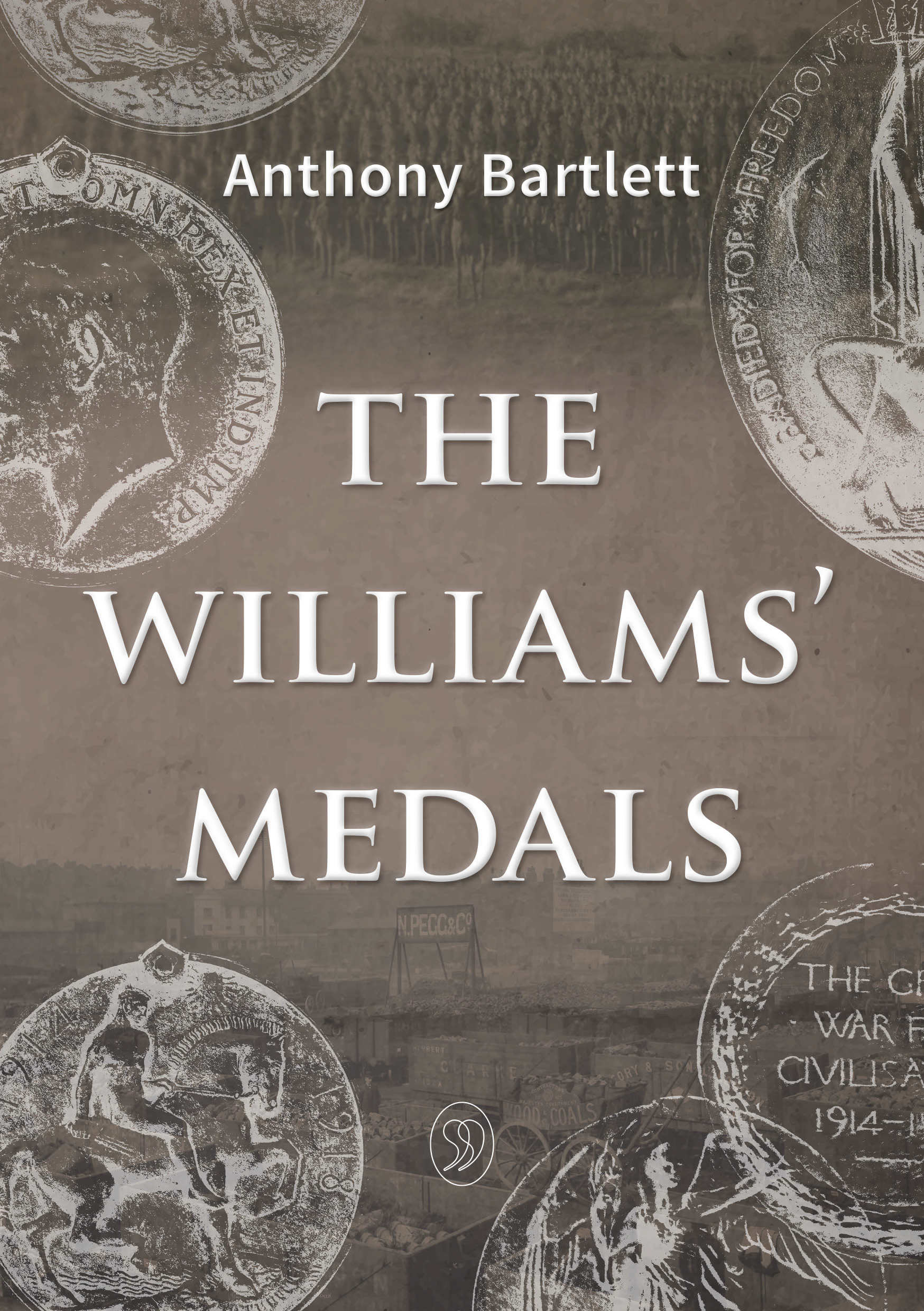

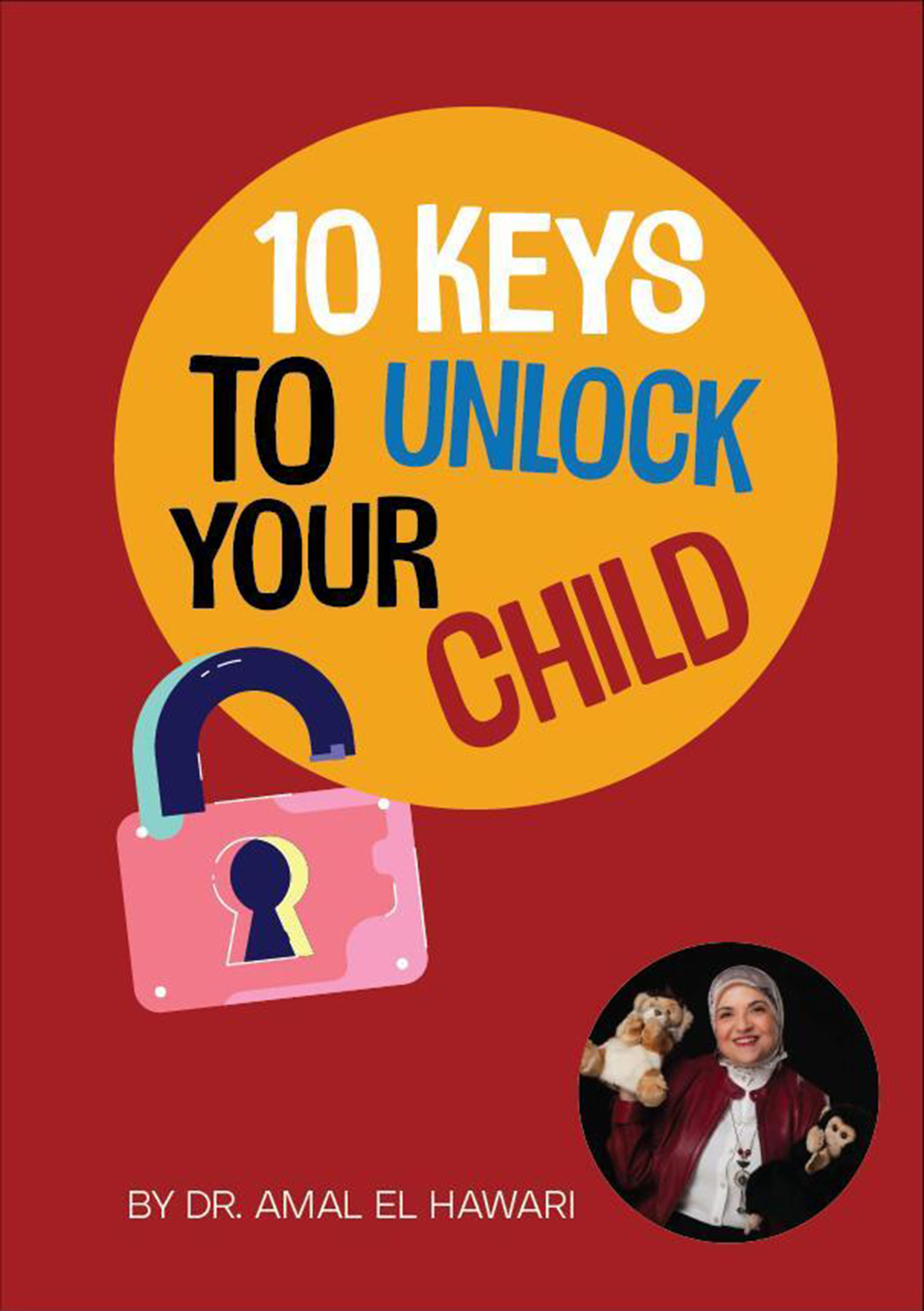

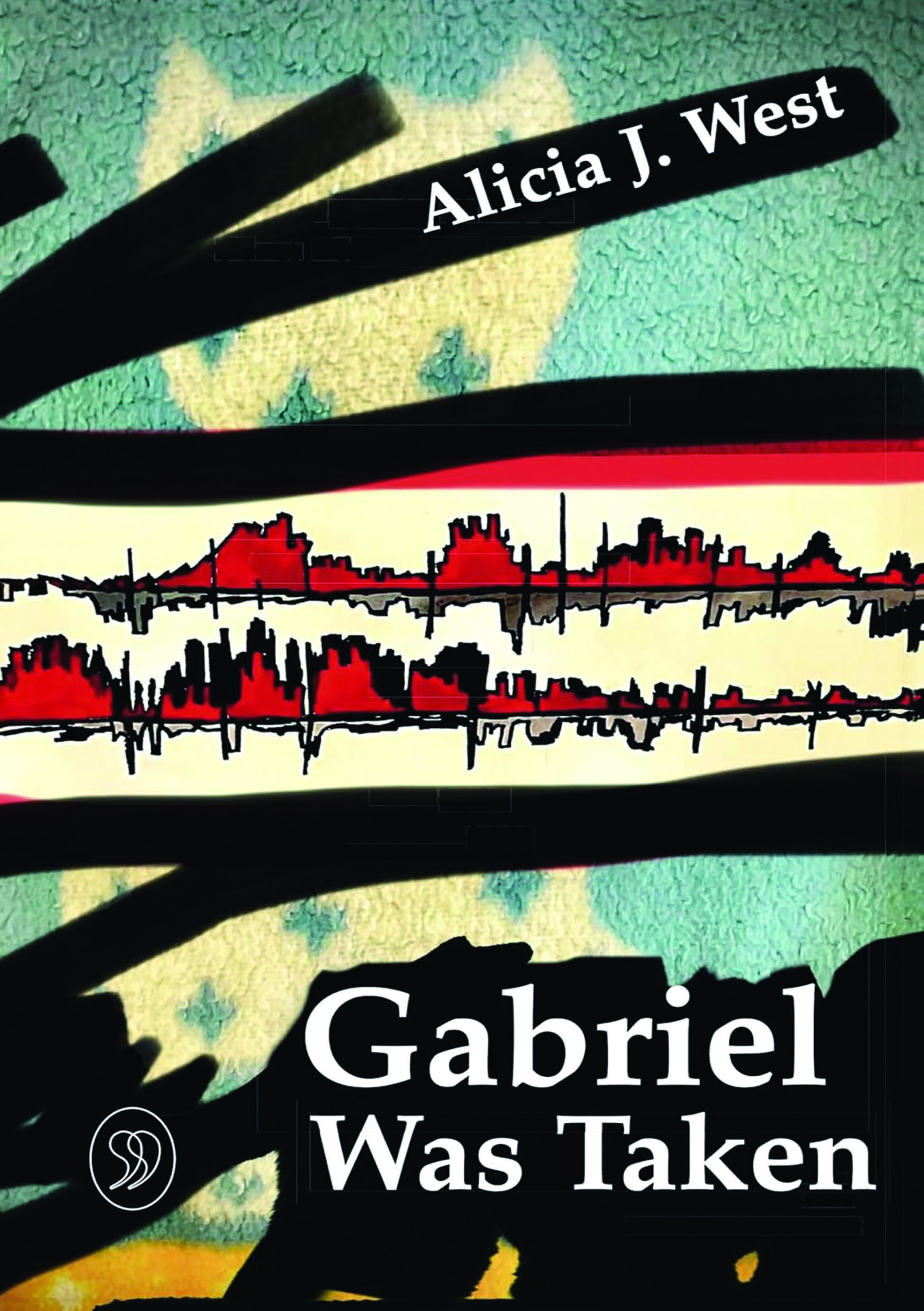









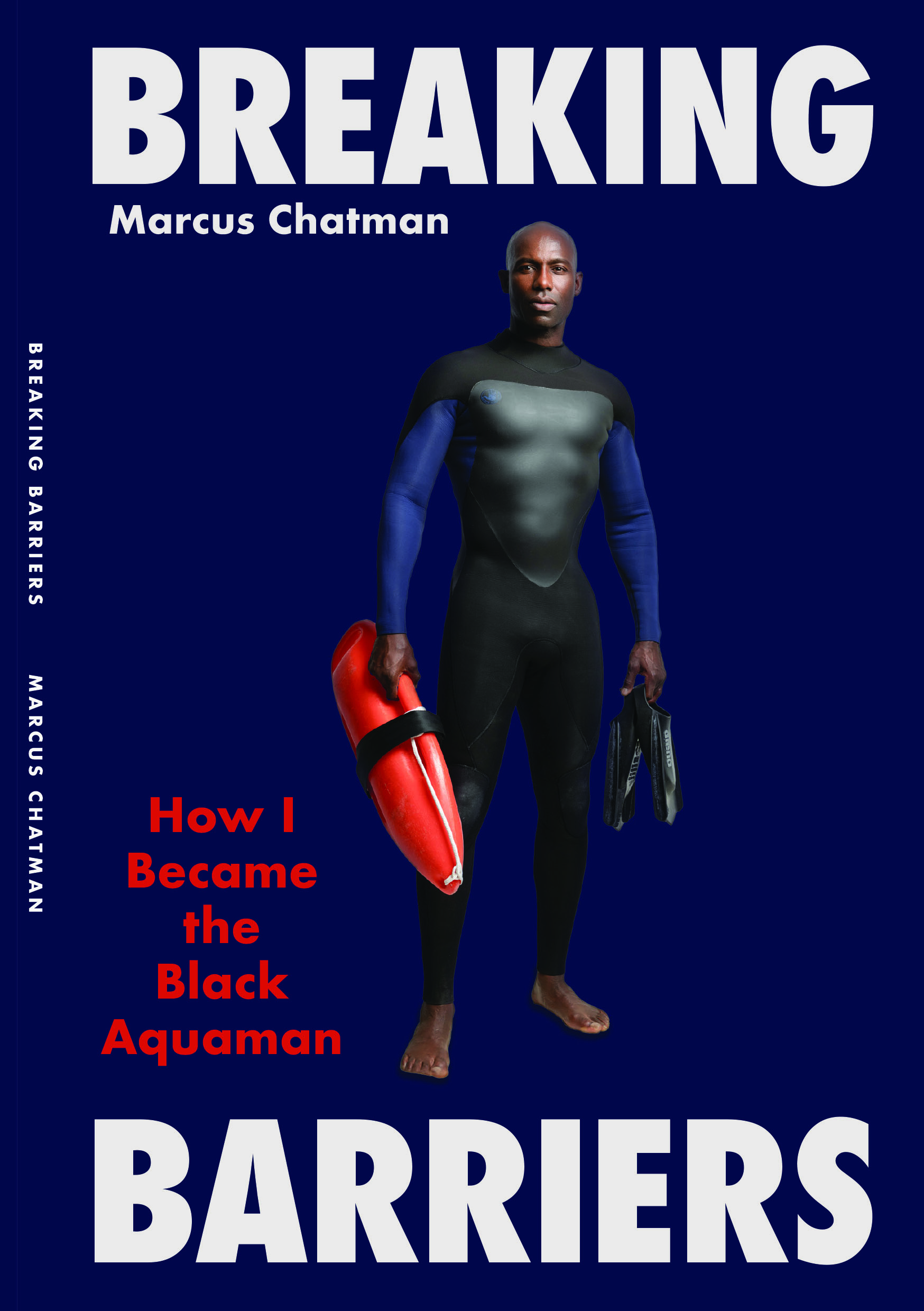



.jpg)









.webp)


























